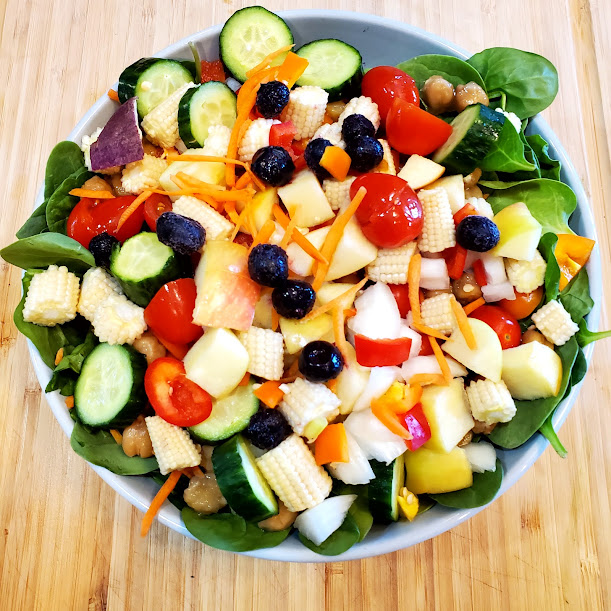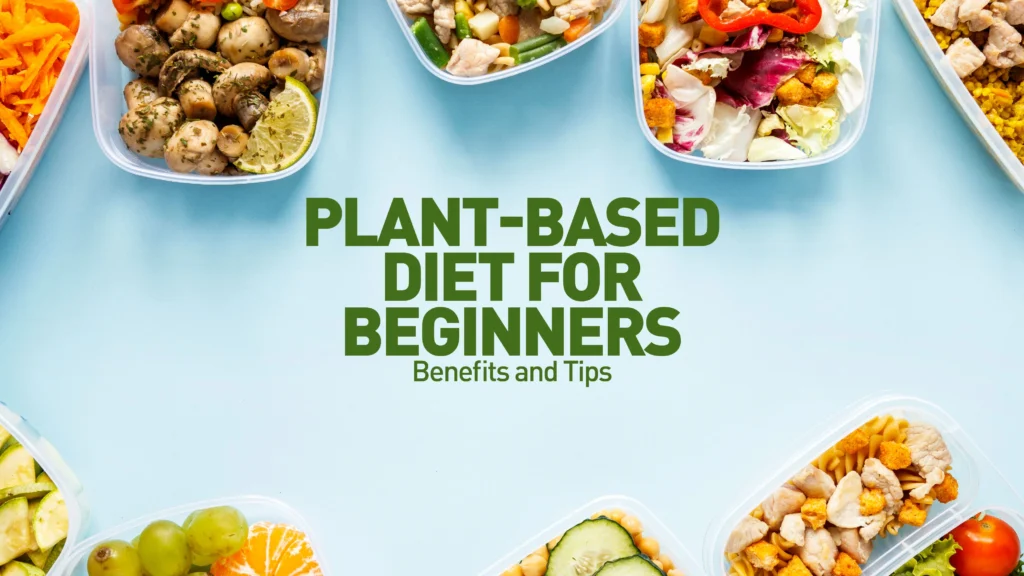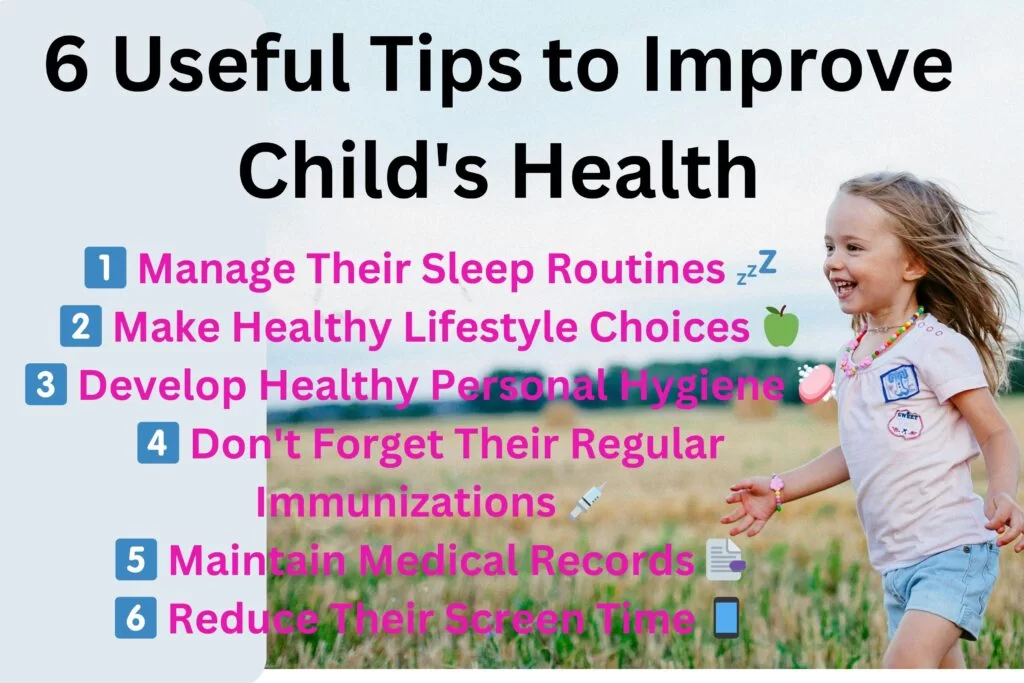A plant-based diet can help you lose weight, reduce your risk of chronic disease, and improve your heart health. It can also help the environment by reducing your carbon footprint and conserving water and land.

Benefits

There is no clear definition of a what constitutes a whole-foods, plant-based diet (WFPB diet). The WFPB diet is not necessarily a set diet it’s more of a lifestyle.

This is because plant-based diets can vary greatly depending on the extent to which a person includes animal products in their diet.
- Weight loss Plant-based foods are often lower in calories and higher in fiber, which can help you feel full and lose weight.
- Plant-based diets are high in fiber, antioxidants, and healthy fats, which can lower cholesterol and reduce the risk of heart disease.
- Reduced risk of chronic disease Plant-based diets can reduce the risk of diabetes, hypertension, and certain cancers.
- Environmental benefits Plant-based diets require fewer resources and produce fewer greenhouse gases than diets that include animal products.
- Animal welfare Plant-based diets support more humane treatment of animals and reduce the demand for factory farming.


The Benefits of a Plant-Based Diet https://www.healthline.com/nutrition/plant-based-diet-guide

- Heart Health: A plant-based diet is rich in fiber, antioxidants, and healthy fats, which can lower cholesterol levels and reduce the risk of heart disease.
- Weight Management: Plant-based foods are generally lower in calories and higher in nutrients, helping with weight loss and maintenance.
- Lower Risk of Chronic Diseases: Diets high in fruits, vegetables, whole grains, and legumes are linked to a reduced risk of type 2 diabetes, certain cancers, and other chronic conditions.
How can I calculate weight?

The general formula for determining the weight is given as W = mg (N / kg). Here, “g” represents the acceleration due to gravity. On Earth, the value of g is 9.8 m / s2. This is also known as the gravitational constant.
WE ALSO READS IT
10 Ways to Improve Your Health
How can you lead a healthier life – simply? Here are 10 health tips!
1. Eat slowly
Did you know that eating too quickly can cause weight gain?
According to research, faster eaters are more likely to be overweight, as compared to people who eat more slowly. In one study, it was also suggested that this is 115% more likely to happen in middle-aged women.
As you eat, your body releases ‘fullness hormones’ that tell your brain you’ve eaten and should stop. However, as this process takes about 20 minutes, speedy eaters may consume too much food and only receive this signal later – which explains the ‘post-buffet bloat’ you may feel after a satisfying meal.
The next time you’re having a meal, make a conscious effort to eat slower and observe the effect on your appetite.
2. Drink more water
You may have heard of the saying to “drink 8 glasses of water a day”, yet not many may actually follow this, often choosing to count their total liquid intake instead – which usually includes sodas, coffee, and other beverages.
Your body isn’t made up of soft drinks and beers, however. Depending on age, about 60% of the human body is made up of water. There are numerous benefits of drinking more water – it helps us to control our calorie intake, energize our muscles, keeps our kidneys healthy, and hydrates the skin.
As you stay hydrated with water, you’ll also find yourself having fewer cravings for sugary or less healthy beverages.
3. Read nutrition labels
If weight loss is one of your health goals, make it a habit to read the nutritional labels on your foods during your grocery shopping.
Look out for the total amount of calories a product contains, and not just for 1 serving (which is typically what’s stated on the label).
Reading nutrition labels will also help you to avoid only reading marketing labels like “high in fibre”, “low fat” or “zero sugar”, as these labels may be misleading. While a product is “high in calcium”, it could also be high in sugar – a detail you may have missed if you hadn’t read the nutrition label.
4. Eat more fruits and vegetables
A health survey of more than 65,000 participants found that people who ate the most portions of fruits or vegetables (7 or more) each day had a 42% reduced risk of dying (from any cause), compared to individuals who ate less than one portion a day.
However, you may want to choose more fresh produce, as it was found that frozen and canned fruit can also increase the risk of dying by 17%.
Need a tip on how you can add more fruits and vegetables into your diet? Buy some cut fruit after lunch and bring it to your workplace. The next time you’re hungry, that fruit will be the closest and most convenient snack you’ll reach for.
5. Work out (at least) 3 times a week

According to Active Health (an initiative by the Singapore Sports Council), adults should engage in at least 150 minutes of moderate to vigorous physical activity each week. The reality though, is that only 26% of Singaporeans do so.
Hitting this goal doesn’t have to be difficult. You can try:
- Do more of an activity you’re already doing
- Picking an activity you think you’ll enjoy doing, and start doing it
These can be small changes. For example, instead of walking with your dog, put on your running shoes and jog with your dog. And if you’re already running twice a week, add a third day to explore different routes at a relaxing, enjoyable pace.
6. Quit smoking
Reduces the risk of premature death and can add as much as 10 years to life expectancy. Reduces the risk for many adverse health effects, including cardiovascular diseases, chronic obstructive pulmonary disease (COPD), cancer, and poor reproductive health outcomes.15 May 2024
While legislation has placed disease-riddled images on cigarette boxes and eliminated tobacco advertising for decades, smoking is still a fairly common habit in Singapore. According to Health Hub, 6 Singaporeans die prematurely from smoking-related diseases every day.
Quitting smoking can be challenging, but also one of the most life-changing decisions you make. Some strategies to overcome the addiction include exercise, support groups, relaxation techniques like breathing, or even nicotine replacement therapy.
7. Get a fitness tracker (and use it)
These days, fitness trackers are changing the way people live and work out. These intelligent wrist-based devices can track your heart rate and the distance of your run, and count the number of calories you burn during workouts.
While the accuracy of fitness trackers (and smart watches) may have been questionable a few years ago, the accuracy, reliability and reputation of these devices have been said to have improved remarkably in recent years.
8. Sleep for 6 – 8 hours daily
Did you know that 6 – 8 is the recommended number of hours of sleep adults should get every night for better health? According to a paper on sleep duration and mortality, researchers also found that people who get less than 7 hours of sleep a night are 12% more likely to die prematurely.
However, be careful to not oversleep, as it was also found that people who sleep more than 8 – 9 hours daily have a 30% added risk of dying prematurely.
The conclusion? Go to sleep at a time that allows you to have 6 – 8 hours of rest, then wake up when the alarm rings – and not after hitting the snooze button several times!
9. Smile and laugh more
This is one of the simplest, yet more powerful changes you can make to improve your mental health.
Why does this work? When we laugh, we breathe deeper and take in more air, which stimulates our heart, lungs and muscles. It also increases endorphins released by our brains, which positively influence our physiology and mood – automatically placing us into a better, happier state.
So go ahead, smile often and inject more laughter into your days. Sometimes, laughter really can be the best medicine.
10. Keep a journal of daily wins
Referencing a Harvard Business School professor in her TEDx talk on achieving success through small wins, educator Mehrnaz Bassiri says that keeping a daily diary of progress helps us to reflect on our days and record all the small achievements that would otherwise go unnoticed.
This habit helps us to chronicle and celebrate our small wins, even on those frustrating days when we feel we haven’t accomplished much.
These “wins” can be anything from making a healthy eating choice during lunch, reacting positively to a negative situation at work, or simply doing something that made you happy or inspired, for the first time.
Remember, you can lead a healthier life by simply making small changes, one at a time. Start by picking a few of your favourite tips mentioned in this article and incorporating them into your daily routine!References
Article tags
Happiness & mental wellness Sleep Sports & exercise
Related Articles

Sudden Cardiac Death in Modern Day Athletes
This is a phenomenon that has been rearing its head much more in recent years. Athlete or not, it is important to understand its possible causes.

Worst Sports Injuries
Not everyone who participates in sports knows about the risks involved – until they get hurt. Here are the top 5 serious sports injuries and how they can be treated.

Sports Heart Expert Tells All
It’s not unusual to hear of professional athletes suffering a heart attack at the peak of their game. Cardiologists can provide expert advice to athletes.

How Singapore Slinger Wong Wei Long Copes with Sports Injuries
Professional athletes collect a score of injuries during their career. Singapore Slinger Wong Wei Long shares how he minim
- Environmental Sustainability
- Reduced Carbon Footprint: Plant-based diets require fewer resources and produce less greenhouse gas emissions compared to meat-centric diets.
- Conservation of Water and Land: Producing plant-based diet foods typically uses less water and land than raising livestock, helping to preserve natural habitats and biodiversity.
- Ethical Considerations
- Animal Welfare: Choosing plant-based foods helps reduce the demand for factory farming, which often involves inhumane treatment of animals.
- Sustainable Food Systems: Supporting plant-based agriculture can lead to more sustainable and ethical food production practices.
Tips for Transitioning to a Plant-Based Diet
- Start Slowly
- Begin by incorporating more plant-based meals into your weekly routine. Try “Meatless Mondays” or swap out one meal a day for a plant-based alternative.
- Gradually increase the number of plant-based meals as you become more comfortable with the diet.
- Educate Yourself
- Learn about the nutritional aspects of a plant-based diet to ensure you’re getting all the essential nutrients. Focus on protein, iron, calcium, vitamin B12, and omega-3 fatty acids.
- Explore resources like books, documentaries, and reputable websites for information and inspiration.
- Plan Your Meals
- Plan your meals and snacks ahead of time to ensure you have a variety of nutritious options available. This can help you avoid the temptation of convenience foods that may not align with your dietary goals.
- Keep a well-stocked pantry with staples like beans, lentils, whole grains, nuts, seeds, and a variety of spices.
- Experiment with New Foods
- Try new fruits, vegetables, grains, and legumes to keep your meals exciting and diverse. Explore different cuisines that naturally emphasize plant-based ingredients.
- Use plant-based substitutes for dairy, meat, and eggs in your favorite recipes. There are many delicious alternatives available, such as almond milk, tofu, and flax eggs.
- Find Support
- Connect with others who are following a plant-based diet for motivation and support. Join online communities, attend local meetups, or find a buddy to share your journey with.
- Don’t be too hard on yourself if you slip up. Transitioning to a plant-based diet is a process, and every step you take towards reducing animal products counts.
Delicious Plant-Based Recipes to Try
- Chickpea and Spinach Curry
- Ingredients: 1 can chickpeas, 2 cups spinach, 1 onion, 2 garlic cloves, 1 can coconut milk, 1 tbsp curry powder, 1 tsp turmeric, salt, and pepper.
- Instructions: Sauté diced onion and minced garlic in a pan. Add curry powder and turmeric, then stir in chickpeas and coconut milk. Simmer for 10 minutes, then add spinach and cook until wilted. Season with salt and pepper. Serve with rice or naan.
- Quinoa and Black Bean Salad

- Ingredients: 1 cup quinoa, 1 can black beans, 1 bell pepper, 1 avocado, 1 lime, 1 tbsp olive oil, salt, and pepper.
- Instructions: Cook quinoa according to package instructions. Drain and rinse black beans. Dice bell pepper and avocado. Mix quinoa, black beans, bell pepper, and avocado in a bowl. Dress with lime juice, olive oil, salt, and pepper. Serve chilled or at room temperature.
- Ingredients: 1 cup cooked lentils, 2 cups mixed vegetables (broccoli, bell peppers, carrots), 2 tbsp soy sauce, 1 tbsp sesame oil, 1 garlic clove, 1 tsp ginger, sesame seeds for garnish.
- Instructions: Sauté minced garlic and ginger in sesame oil. Add mixed vegetables and stir-fry until tender. Stir in cooked lentils and soy sauce. Cook for an additional 2-3 minutes. Garnish with sesame seeds and serve with brown rice or noodles.

Conclusion
Embracing a plant-based diet can lead to numerous health benefits, a lower environmental impact, and ethical food choices. By starting slowly, educating yourself, planning your meals, experimenting with new foods, and finding support, you can successfully transition to a plant-based lifestyle. Try out the delicious recipes shared here and enjoy the journey towards a healthier, more sustainable way of eating.




Leave a Reply
You must be logged in to post a comment.